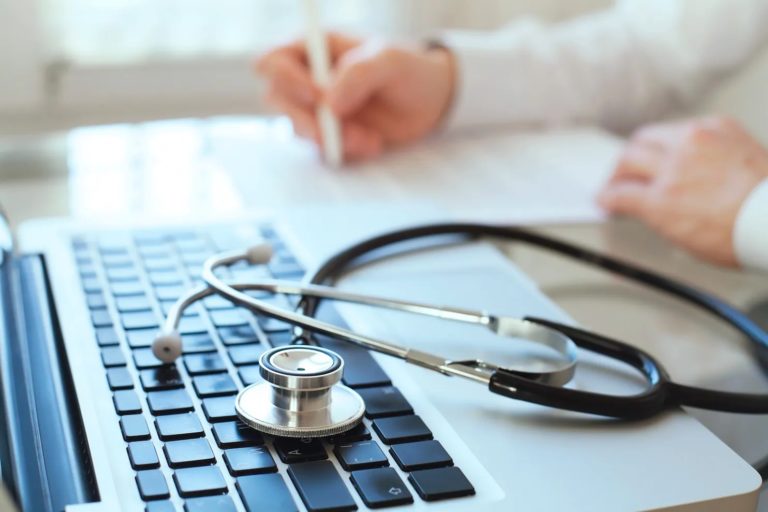The medical procedure that lets specialists visualize organs and internal structures is called endoscopy. The procedure makes use of a flexible and long cable, called an endoscope, that has a camera with a light attached at its end. Endoscopy is carried out to achieve several objectives.
For instance, an endoscopy is done to confirm a specific diagnosis, investigate certain symptoms, and deliver some form of treatment. This invasive procedure typically involves some preparation before it is done. If you are getting an endoscopy, below are some of the essentials you need to know:
What Endoscopy is For
Not everyone might be aware of this but there are various types of endoscopies depending on the location and purpose. Your doctor will explain to you what the purpose of the procedure is. For instance, it can be done as purely therapeutic or it can be carried out to investigate some symptoms.
Depending on the location, the type of scope used and the type of procedure done will be different. Case in point: gastroscopy is done to check the stomach while bronchoscopy is done to check the airways. In both instances, the scope is passed through the throat but in the former it goes down the gullet into the stomach, while the latter is passed through the windpipe.
Colonoscopy on the other hand is done to examine the large bowel. The scope used is introduced via the rectum while a hysteroscopy is done to check the inside of the womb or uterus and the scope is introduced via the vagina. Your doctor will explain in detail about the procedure during the initial consultation so that you will know what to expect.
How to Prepare for an Endoscopy
Preparation for an endoscopy will be dependent on the specific type of procedure you will be getting. In general, during the consultation, the specialist will be checking if there are any medications and supplements you might be taking, and giving the relevant advice on whether to stop the medication before the procedure.
Depending on the type of procedure, for instance a colonoscopy, you will need to undergo a low fiber diet to prevent any residue that may rest onto the bowel lining. If you are getting a colonoscopy, the preparation can be a bit complex as you need to do what is known as “bowel preparation.” Bowel preparation is done so as to ensure the specialist is able to get a good view of the colon. Typically a set of instructions is given by the specialist before the procedure.
Next, you will need to undergo fasting of at least 6 to 8 hours before the procedure. Depending on the type of procedure, you may or may not be allowed to drink clear fluids at least a couple of hours prior.
What to Expect During an Endoscopy
If you will be using a general anesthetic, you will be asleep during the process and will only wake up once the procedure is done. If you are given a local anesthetic, the device used will be inserted in the numb area. Sedation may also be offered so you can relax and feel comfortable. If you are getting bronchoscopy or upper endoscopy, it will be done under general anesthetic. For other endoscopic procedures, mostly, only local anesthetics will be used.
What to Expect During the Recovery
While endoscopy is a minor procedure even though it is considered invasive. However, resting is recommended for faster recovery. A local anesthetic should take at least an hour before it wears off. It would be ideal to not operate heavy machinery or drive after. General anesthesia will take a lot longer to wear off.
You will most likely know the results of your endoscopy during the procedure or immediately afterwards. You might also need to schedule a follow-up appointment with your doctor to discuss the findings and create a treatment plan. This would be the best time for you to ask any questions on how you should move forward.


Comments are closed.